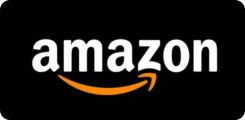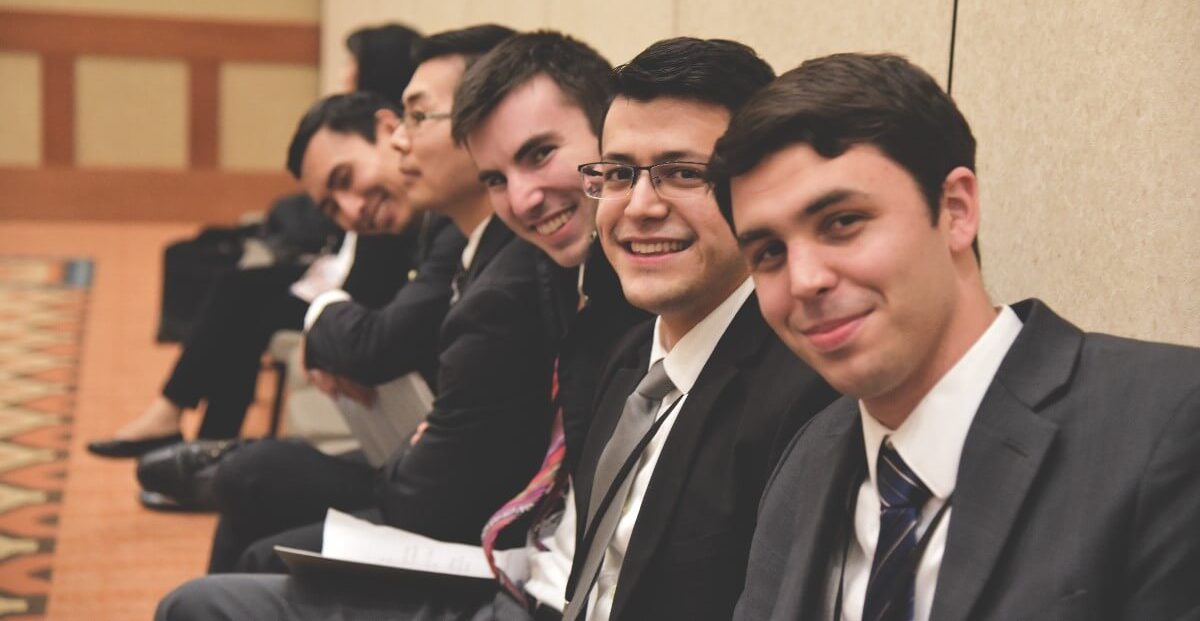When I graduated high school, I had my life figured out. I thought that I knew everything. I was the ideal product of the education system: great grades, a hearty resume, good test scores, the works. Growing up, I was told that if I got good grades, a good job would eventually be handed to me. I was taught that more rigor meant more success. I decided that the most rigorous degree field I could go into was engineering.
Two years into my undergraduate career I realized I wasn’t really cut out for engineering. I wasn’t enjoying my classes, and I lacked direction. While my classmates were memorizing differential equations, I was having an existential crisis. I started to realize who I really was… just a dumb kid without a clue in the world, trying to convince myself that I had everything figured out. For the first time in my life, I realized that in the big scheme of things, I didn’t know anything. It didn’t matter how much information I memorized, or how many tests I passed, because I wasn’t happy and my life was a mess. Nothing I learned in school prepared me for this kind of struggle.
It was at that time that I really started searching for who I wanted to be and not so much what I wanted to do. I looked high and low for mentorship. I had a bunch odd jobs and took a variety of different classes, but everything changed when I met Dr. Dean Kashiwagi.
I met Dr. Dean when I signed up for his leadership course that proposed he could teach someone “how to know everything without knowing anything”. Through his research, he found that effective leadership is more about understanding and accepting, instead of controlling and commanding. He taught that the best leaders don’t try to know everything, instead they know how to leverage the knowledge of the people around them to accomplish a greater goal.
These lessons in leadership helped me realize my greatest downfall. Throughout my academic career, I was too focused on my own life. I was lost in the details of what I was doing and I never stopped to figure out why I was doing it. To find direction, I needed to look outside of myself and seek the guidance of leaders around me.
This story is all too common for many other Millennials. We’ve grown up in an increasingly complex world. We’ve been trained to memorize, regurgitate, and repeat. Most of us have done well in school and learned valuable information, but school doesn’t teach us how to apply it in a meaningful way. As we finish 17 years of education and walk away with thousands of dollars of debt, we just want to know that it was all worth. We want to know that we have what it takes to add value to society. We want to make a difference.

Modern college and high school students are facing a depression epidemic, and I believe the problem is much deeper than chemical imbalances or too much social media. I believe that these students are overwhelmed with the complexity of life. Students are taught that if they don’t know all of the answers, they will fail. Students don’t need more answers, they need to learn how to ask for help, how to recognize when they don’t know, and how to be okay with being wrong or failing.
Since working with Dr. Dean, I have earned three degrees: a bachelor’s in mechanical engineering, and master’s and doctorate in management with a construction focus. Through my two decades of education, the most valuable thing that I learned is that my success doesn’t depend on how much I know, it depends on how willing I am to ask for help. This is the message that I want to share with the world. This is the reason why I co-founded the Leadership Society of Arizona.
I want to simplify the complex lives of students by helping them feel comfortable with not knowing.

